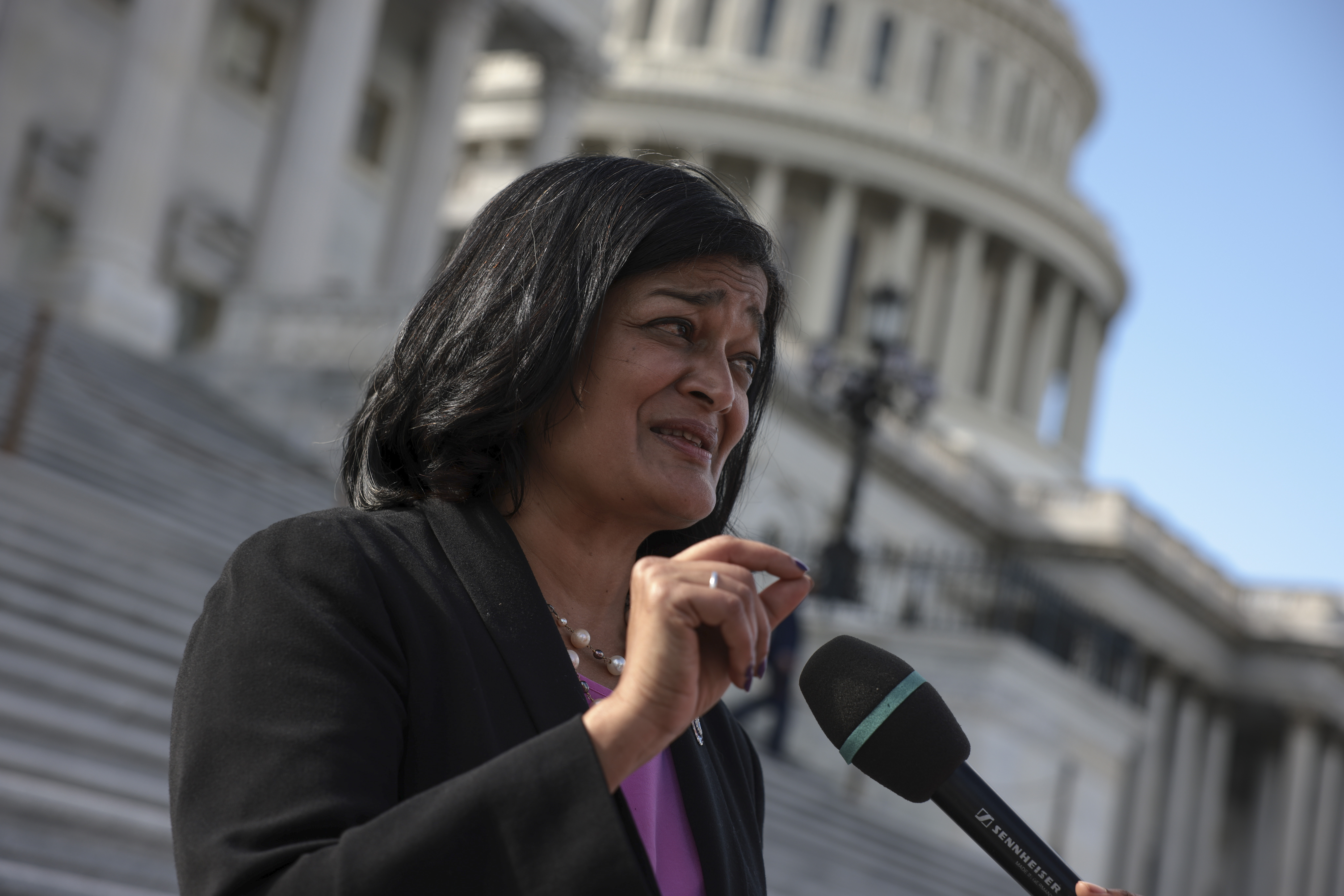
Trump-era Medicare program under scrutiny
Warren, during a finance committee hearing earlier this month, criticized the direct hiring model for attracting “corporate vultures in hopes of feeding on Medicare”; remarks that two people familiar with the matter said drew the attention of the White House and accelerated a reassessment of the policy. The program aims to allow health care providers to pay more if they keep patients healthier and reduce overall Medicare costs.
Biden health officials are weighing in on a number of potential changes, from new limitations to final termination, said people familiar with the matter.
Vendors participating in the program are awaiting a decision on Thursday. “We are cautiously optimistic that they will not stop hiring directly right away and will do some reviews that will make it even better,” said Valinda Rutledge, a health care lobbyist at America’s Physician Groups, which represents direct contact providers.
A spokesman for the Medicare and Medicaid Service Centers said the agency is considering external feedback on its global, professional recruitment model, and that the agency will soon provide more information about the future of the program.
The internal review sparked a bombardment of vendor groups that support the direct procurement model and argue that removing it would waste time and money that pilot participants, including medical and insurance groups, spent adapting to your requirements. The program is part of a long-standing bipartisan effort to move paid-for-care health care providers toward new models that promote provider-to-provider cooperation.
Last year, CMS enrolled 53 organizations in the program, which is one of the few health policies of the Trump administration, to an extent seen as a vote of public confidence that the administration planned to maintain.
More than 200 health groups and medical providers signed a letter on Monday asking the health department to ensure the survival of the program, saying that “they have worked tirelessly, more recently in the face of a global pandemic, to move towards the provision of care. health care and payment system that emphasizes quality and value. “
Proponents of her case have been working to make the actual transcript of this statement available online. Inside CMS, an official said that the cancellation of a model of years in progress runs the risk of frustrating political staff and causing an exodus from the agency.
“If they’re going to make significant changes, or completely cancel a model, that’s going to have a creepy effect,” said Darryl Drevna, senior director of regulatory affairs for the AMGA medical trade group.
However, despite widespread support for experimenting with new vendor models, the administration has faced sustained pressure from the left on this particular program because it allows private companies to manage the care of beneficiaries who originally they signed up for traditional government Medicare.
For a long time, progressives have been separately criticizing private insurers participating in the Medicare Advantage program for raising costs, pointing to audits that show insurers often charge the government too much for care.
The first round of enrollment in the direct hiring program last April also included several insurance companies and privately held corporations, a development that runs counter to the administration’s broader goal of making the care is more efficient and intensified the skepticism of liberal health groups.
Physicians for a National Health Program, a single-payer health advocacy group, sent a letter to HHS on Tuesday criticizing direct hiring for “dirtying” the Innovation Center’s position, and He added that “ending the program would demonstrate a commitment to improving the integrity and best interests of the beneficiaries.”
“We’re on a difficult path here,” said Don Berwick, an Obama-era CMS administrator who supports altering the program, rather than removing it. “It mixes the providers you want to support and the insurers who really, in my opinion, only add costs without adding value.”
Jayapal, who heads the Progressive Congress Caucus, led 50 lawmakers last month to call for an end to direct hiring, saying it is a means to “privatize traditional Medicare by channeling beneficiaries, without them knowing it.” private insurers.
Variations in the model have been studied before. Last March, CMMI announced that it would review a direct procurement model that was established to test whether providers can improve care by managing it by geographic region.
But the latest wave of criticism from prominent progressives is the biggest challenge so far for the show.
“There’s a dynamic with the left that they have to deal with safely,” said Mara McDermott, who represents vendors in the direct-to-pressure model at pressure company McDermott.

Comments are closed.